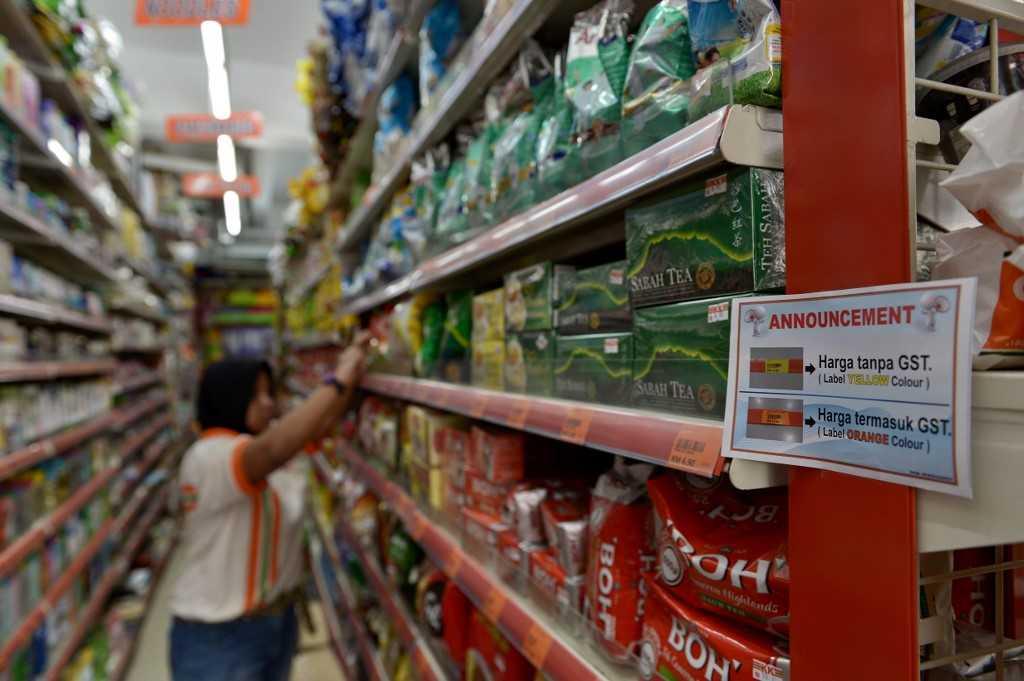Anwar's govt warned against 'recycling' Najib-era initiatives
Another analyst however says that the government should continue these initiatives if they are implemented in the right manner.
Just In
An analyst has cautioned the government led by Prime Minister Anwar Ibrahim against "recycling" the initiatives implemented by the Barisan Nasional (BN) administration, warning that this would be akin to self-sabotage.
Speaking to MalaysiaNow, Jeniri Amir said it would also raise questions about the narrative of Pakatan Harapan's (PH) criticism of the government under Najib Razak.
Jeniri, a senior fellow at the National Council of Professors, gave the example of Economy Minister Rafizi Ramli who recently said that the goods and services tax (GST) might be brought back at some point in the future.
He said the consumption tax had been a focal point of PH's campaign against the government amid anger over the rising cost of living.
"One hundred and sixty countries around the world use the GST," he added.
"Surely the government at the time would have done its research before introducing the tax system.
"And now, with talk of a possible return of the GST, even if this doesn't happen immediately, it shows that the government now is admitting that abolishing the tax was a mistake."
The GST was introduced on April 1, 2015, to replace the sales and services tax under the administration of Najib who was also the finance minister.
It was a crucial rallying point for PH in the run-up to the 2018 election which eventually saw the downfall of Najib and BN.
Jeniri also referred to the government's announcement about the second phase of the MRT, expected to begin operations on March 16, as well as efforts to strengthen the Rakan Muda programme, both of which he said were the ideas of previous administrations.
"Any opposition anywhere should bring up ideas based on facts, not play on sentiments in order to win an election," he said.
Political analyst Oh Ei Sun meanwhile said that the government should continue the initiatives introduced by its predecessors if this was done in the right way.
Oh, of the Singapore Institute of International Affairs, said PH's criticism during its time in the opposition was more focused on the method of implementation which only benefited certain parties.
On the government's performance during its first 100 days in Putrajaya, Oh said it had yet to implement any significant changes.
He said this might be partly due to its concentration on meeting the challenges of Perikatan Nasional (PN), particularly with elections looming in six states.
"If they announce anything major, it might require reforms," he said.
"This could affect their support, part of which might shift over to PN."
Subscribe to our newsletter
To be updated with all the latest news and analyses daily.
Most Read
No articles found.
